Make sure to join my list for Weekly Tips and Recipes to Your Inbox
15 Ground Cover Plants That Choke Out Weeds
After finishing my river rock landscaping project, I was satisfied with how clean and natural my place looked, but that excitement faded fast once weeds began creeping through every gap.
I had worked so hard to design a low-maintenance garden path, but the daily weeding was draining all the joy out of it. That’s when I realized I needed a real solution, not just pretty filler, but ground cover plants that control weeds and grow in places where no other plants want to grow.
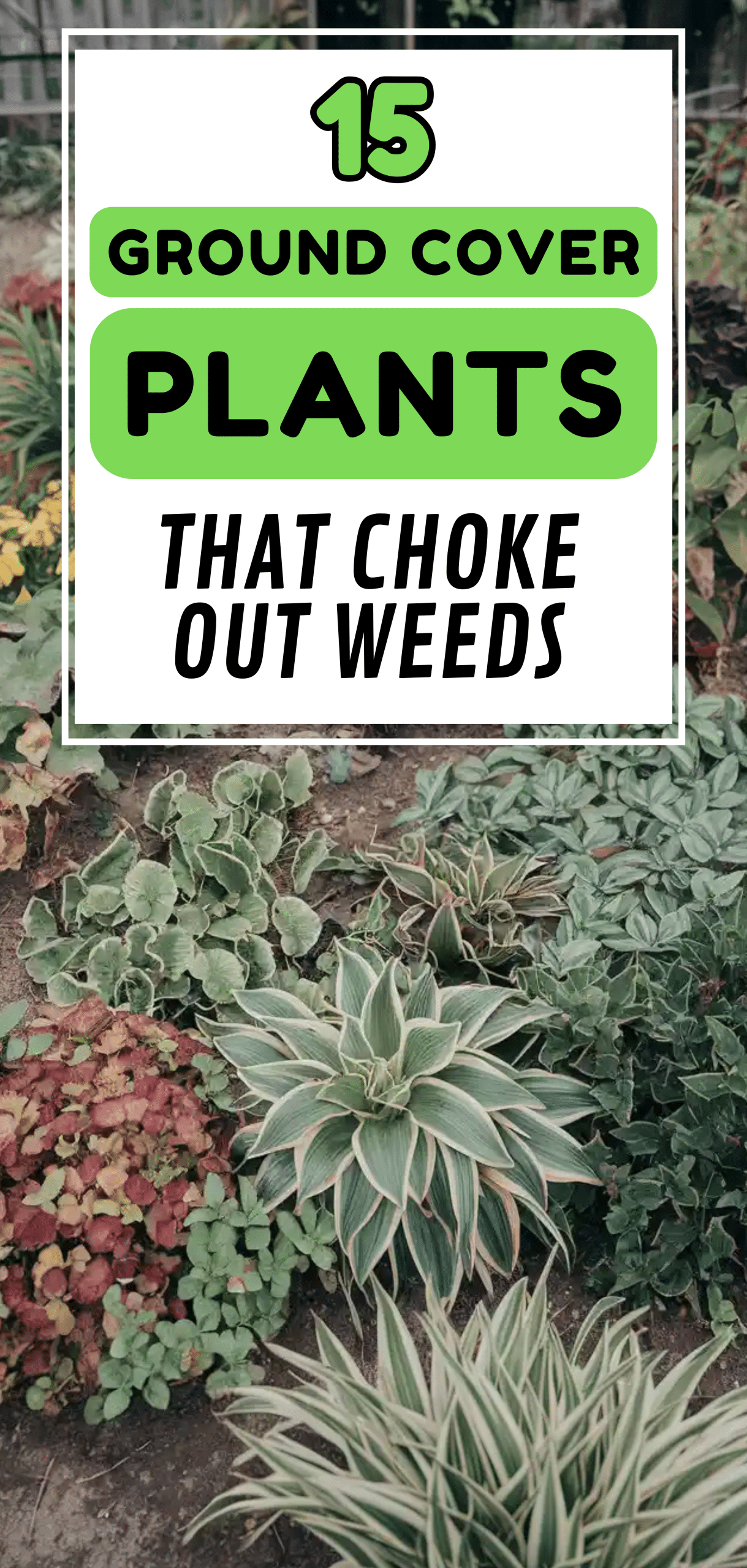
I wanted something beautiful but functional, something that would spread naturally without becoming a monster to control. My search led me to a variety of ground cover plants like creeping thyme, sedum, and creeping Jenny, all tough enough to handle full sun and poor soil, but delicate enough to weave in and out of the rocks with charm.
These plants not only created a lush, seamless look, but they also did the job I dreaded: pushing out weeds by covering every bit of exposed soil.
Now, instead of yanking weeds every week, I enjoy a vibrant, textured path that feels intentional and alive. The thyme releases its scent with every step, the sedum catches the light with its glossy leaves, and the Jenny spills over the rocks like a living waterfall.
If your landscaping dreams are being destroyed by stubborn weeds, ground cover plants might just be the most beautiful defense you’ll ever plant.
15. Creeping Jenny (Lysimachia nummularia)
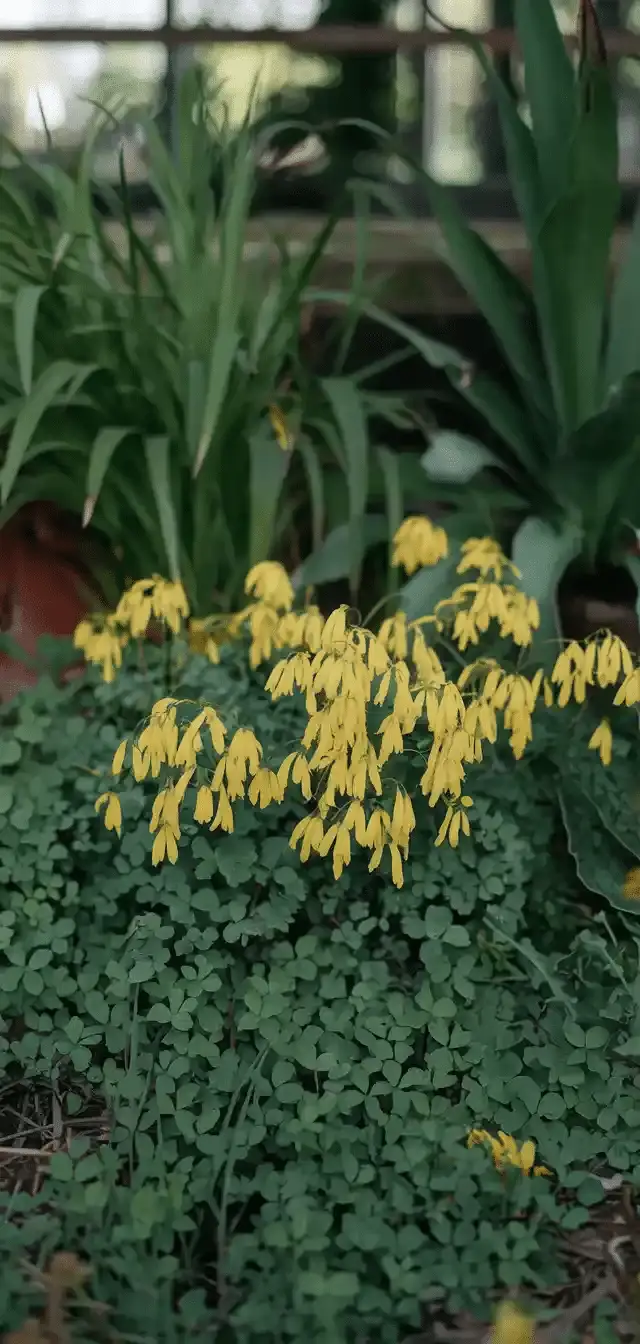
Best for: Moist areas, borders, shady slopes
Growth Habit: Fast-spreading, mat-forming
Sunlight: Partial shade to full sun
Soil: Moist, well-drained
Tips:
- Thrives near water features and damp zones.
- Regular pruning keeps it from overtaking less vigorous neighbors.
- Ideal in USDA zones 3–9.
14. Bugleweed (Ajuga reptans)
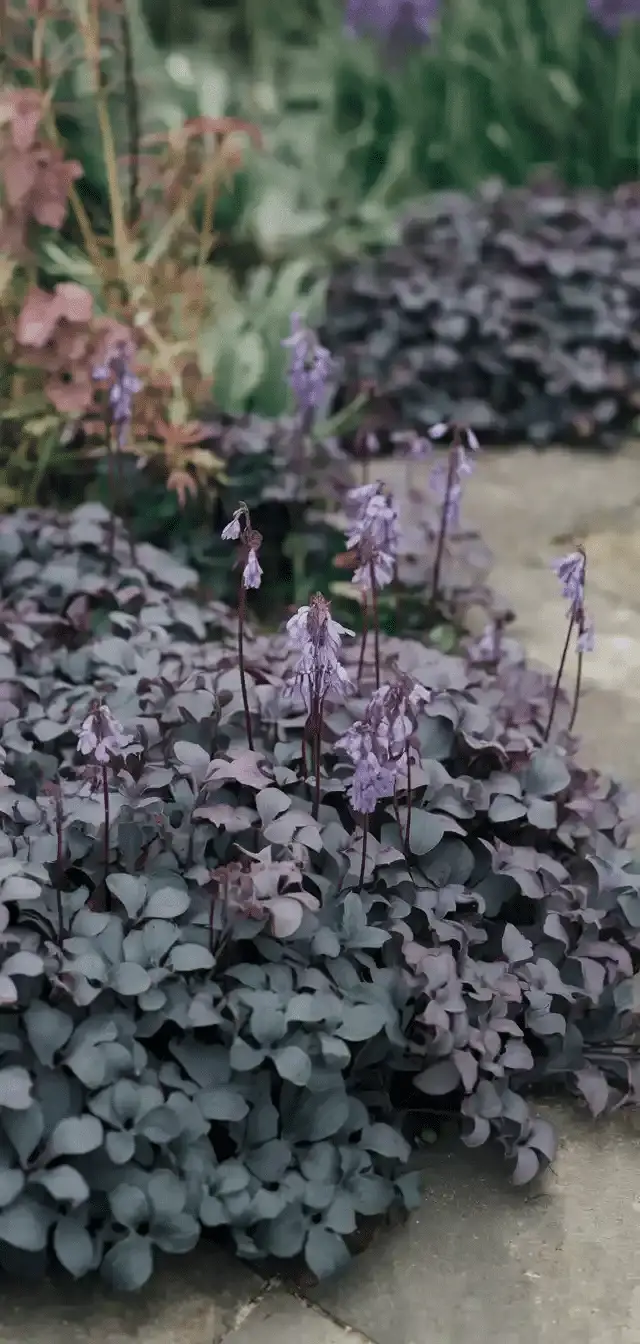
Best for: Shady areas, under trees
Growth Habit: Low-growing rosettes, spreads by runners
Sunlight: Partial shade to full sun
Soil: Moist, humus-rich
Tips:
- Dense foliage forms a tight mat that weeds can’t penetrate.
- Produces striking blue flower spikes in spring.
- Divide clumps every 2–3 years to maintain vigor.
13. Creeping Thyme (Thymus serpyllum)
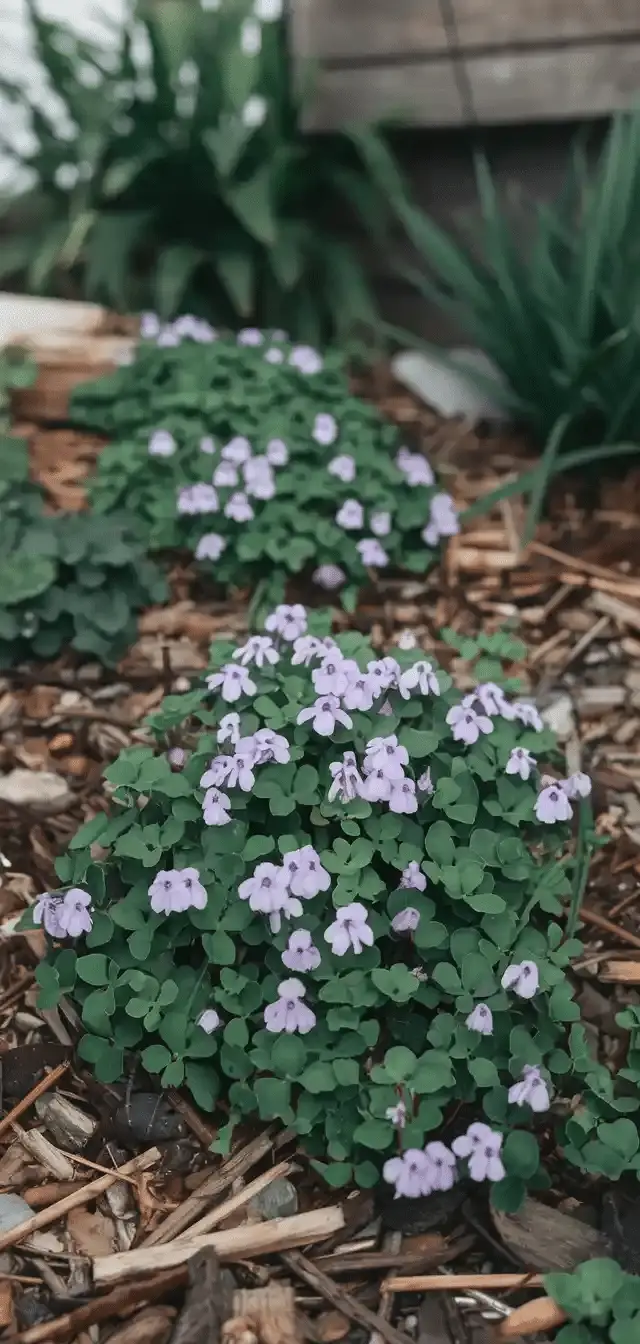
Best for: Walkways, rock gardens
Growth Habit: Dense, aromatic mat
Sunlight: Full sun
Soil: Sandy, well-drained
Tips:
- Releases fragrance when stepped on.
- Attracts pollinators while deterring weeds.
- Drought-tolerant once established.
12. Sweet Woodruff (Galium odoratum)
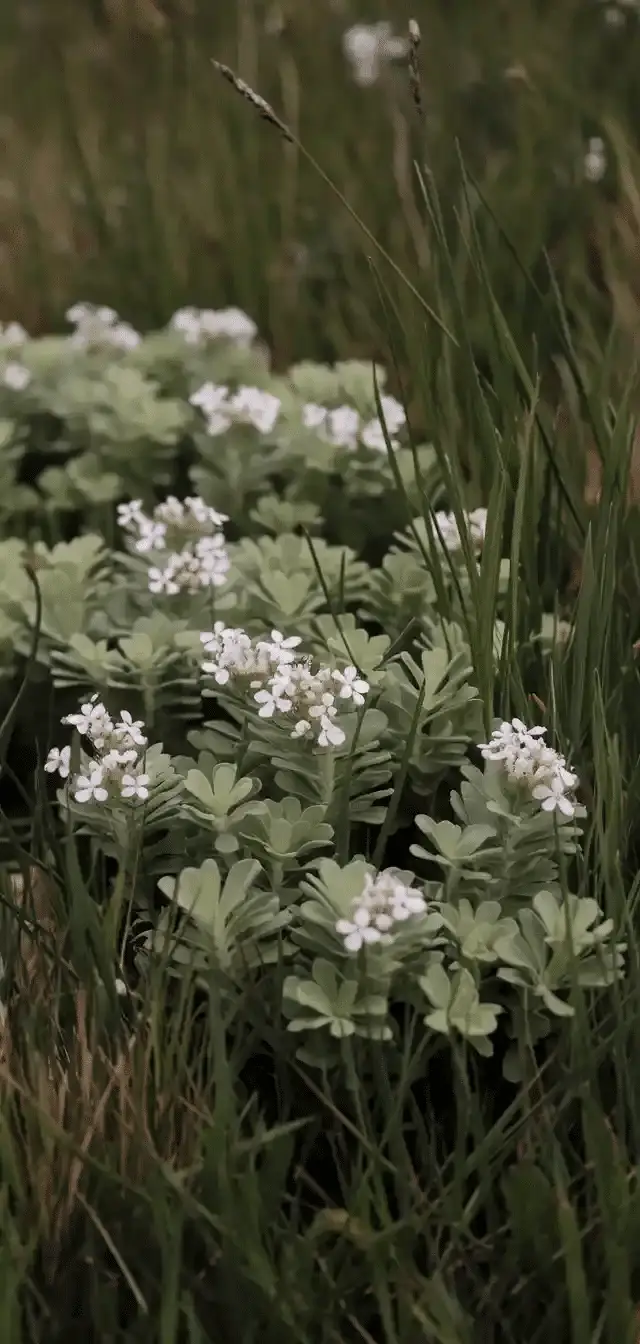
Best for: Woodland gardens
Growth Habit: Spreads via stolons
Sunlight: Shade to partial sun
Soil: Moist, rich, acidic
Tips:
- Excellent in shady, damp zones.
- Produces white, star-shaped flowers in spring.
- Avoid full sun to prevent scorching.
11. Lilyturf (Liriope muscari)
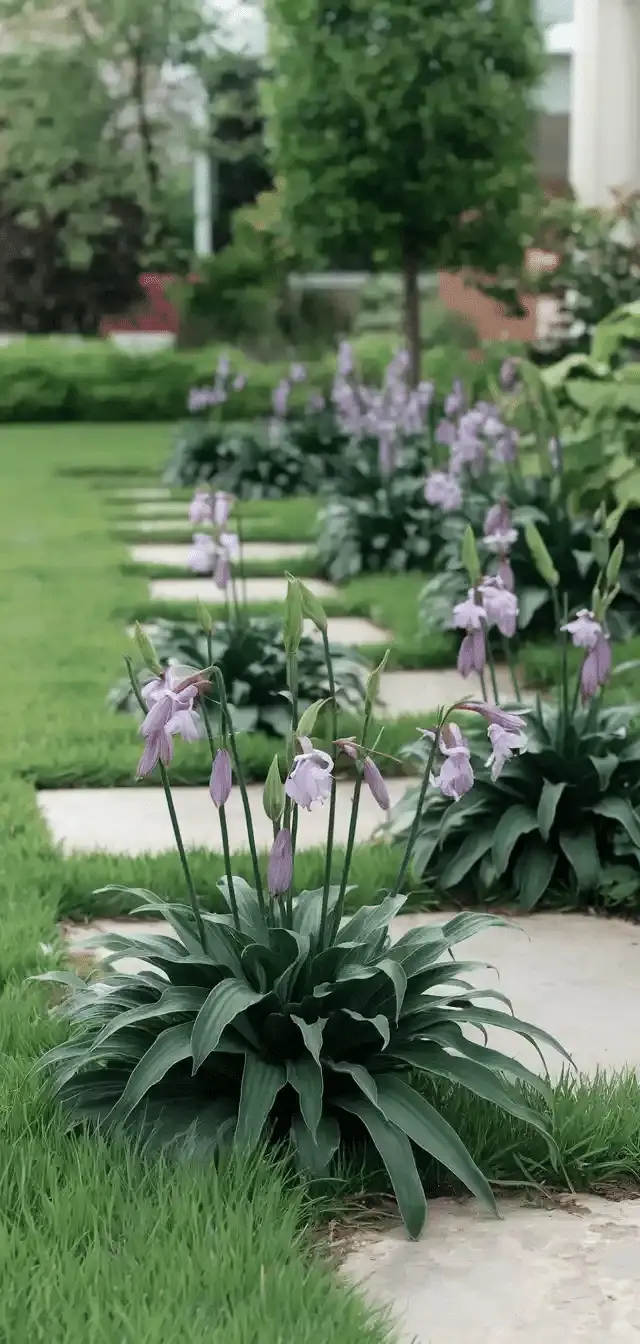
Best for: Borders, slopes, shaded beds
Growth Habit: Clumping grass-like tufts
Sunlight: Shade to full sun
Soil: Adaptable to various types
Tips:
- Forms thick tufts that crowd out weeds.
- Spikes of purple blooms emerge in late summer.
- Trim old foliage in early spring.
10. Dead Nettle (Lamium maculatum)
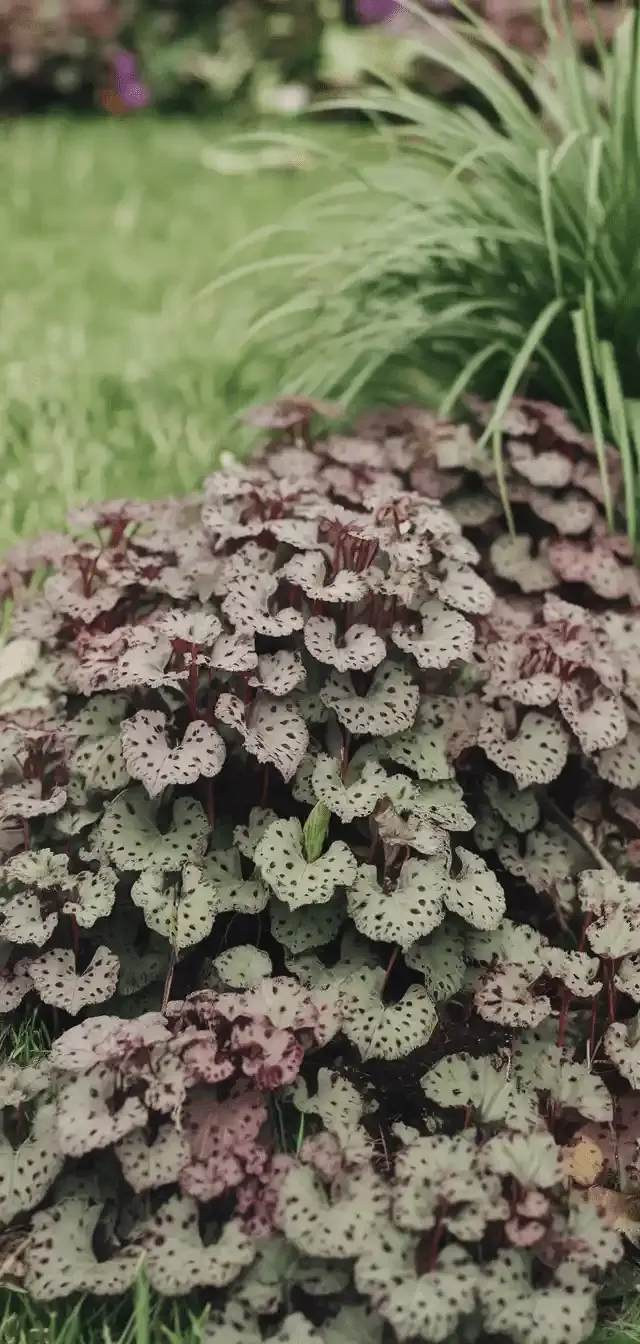
Best for: Shade gardens, under shrubs
Growth Habit: Low, creeping, with silvery foliage
Sunlight: Full shade to partial sun
Soil: Moist, well-draining
Tips:
- Variegated leaves brighten dark corners.
- Fast-growing; ideal for erosion control.
- Regular trimming promotes lush regrowth.
9. Houttuynia (Houttuynia cordata)
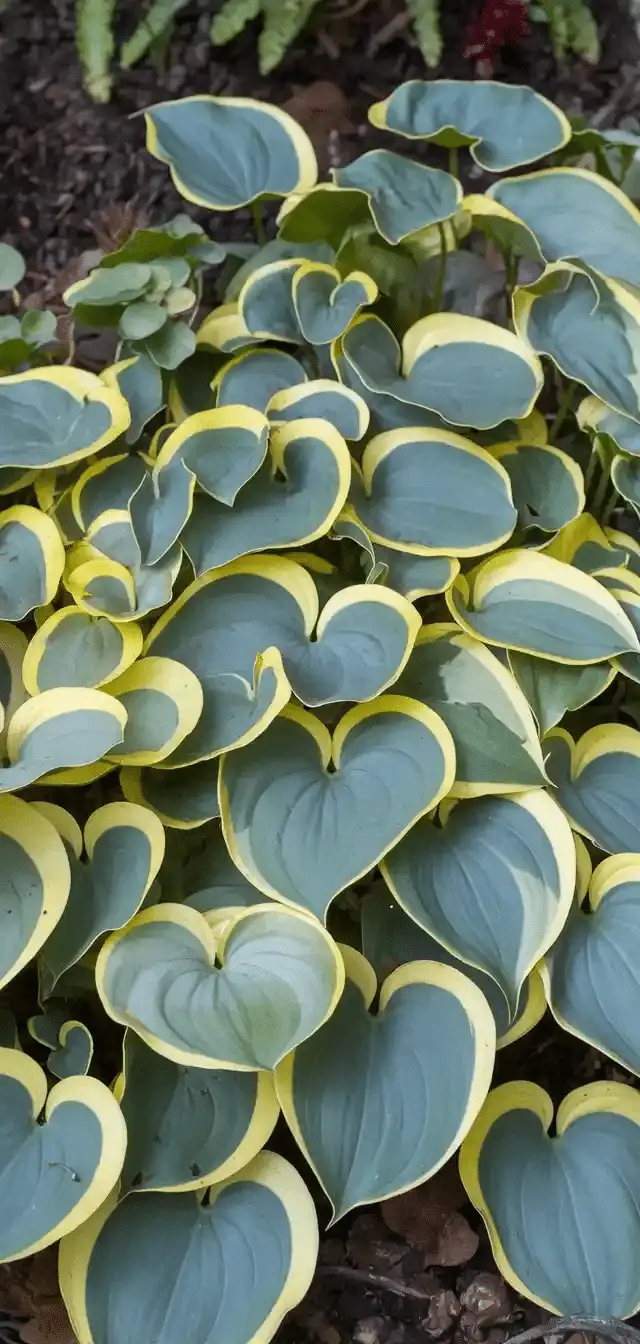
Best for: Wetland margins, rain gardens
Growth Habit: Vigorous ground cover
Sunlight: Full sun to partial shade
Soil: Moist to wet, even poorly drained
Tips:
- Multicolored foliage adds ornamental value.
- Contain with edging or pots, very aggressive.
- Avoid in sensitive areas.
8. Bishop’s Weed (Aegopodium podagraria)
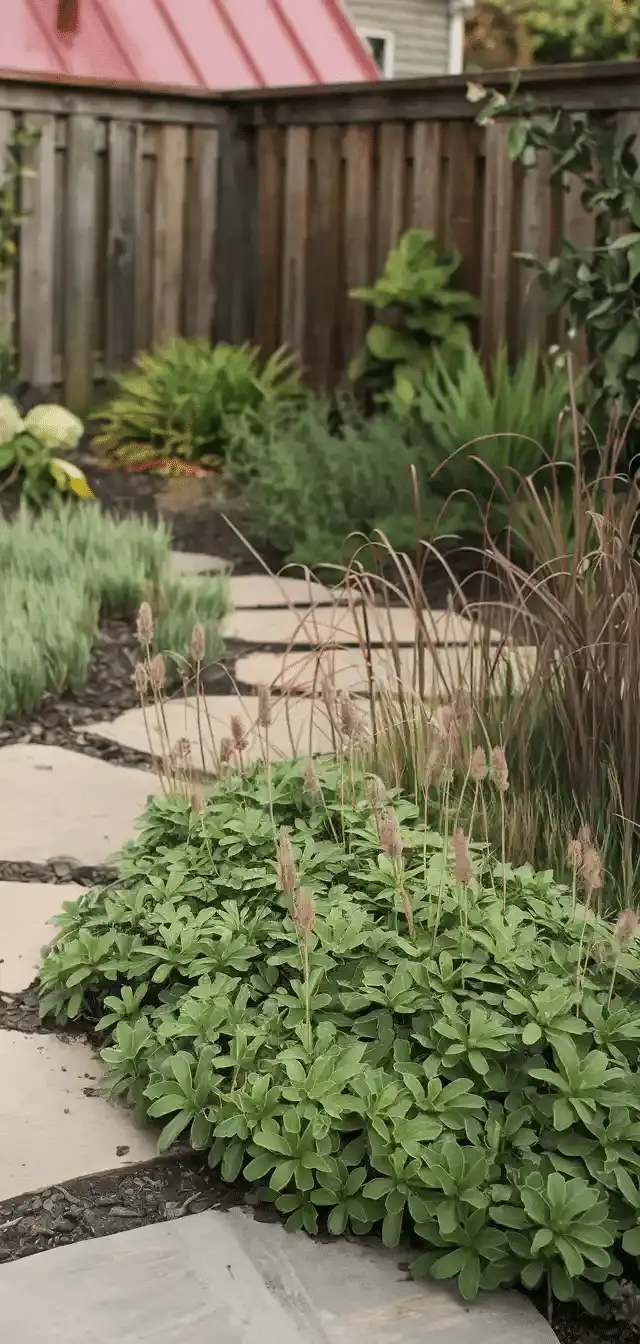
Best for: Shaded banks, neglected areas
Growth Habit: Rhizomatous spread
Sunlight: Full shade to part sun
Soil: Dry to moderately moist
Tips:
- Invasive but unbeatable in hard-to-grow places.
- White variegated leaves add light to shadows.
- Use root barriers to contain the spread.
7. Pachysandra (Pachysandra terminalis)
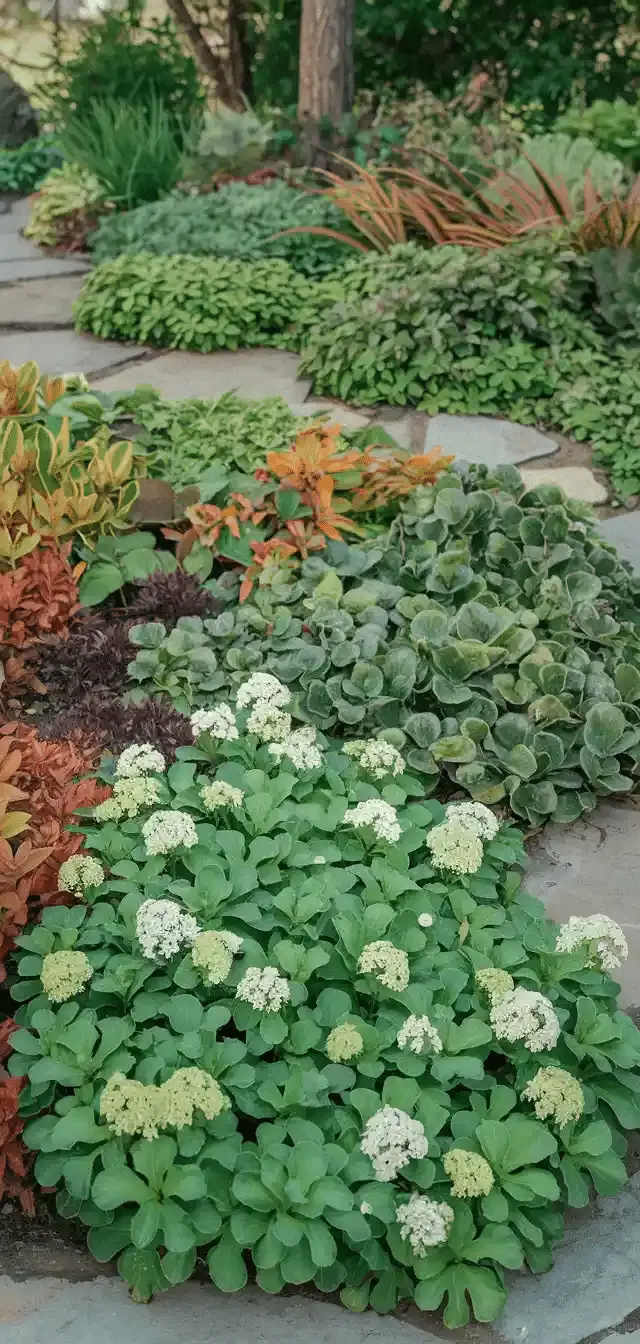
Best for: Dense shade under trees
Growth Habit: Dense carpet of evergreen foliage
Sunlight: Full shade
Soil: Moist, acidic
Tips:
- Low maintenance with thick coverage.
- Avoid overly wet soil to prevent root rot.
- Ground cover plants are great for erosion-prone areas.
6. Japanese Spurge (Pachysandra japonica)
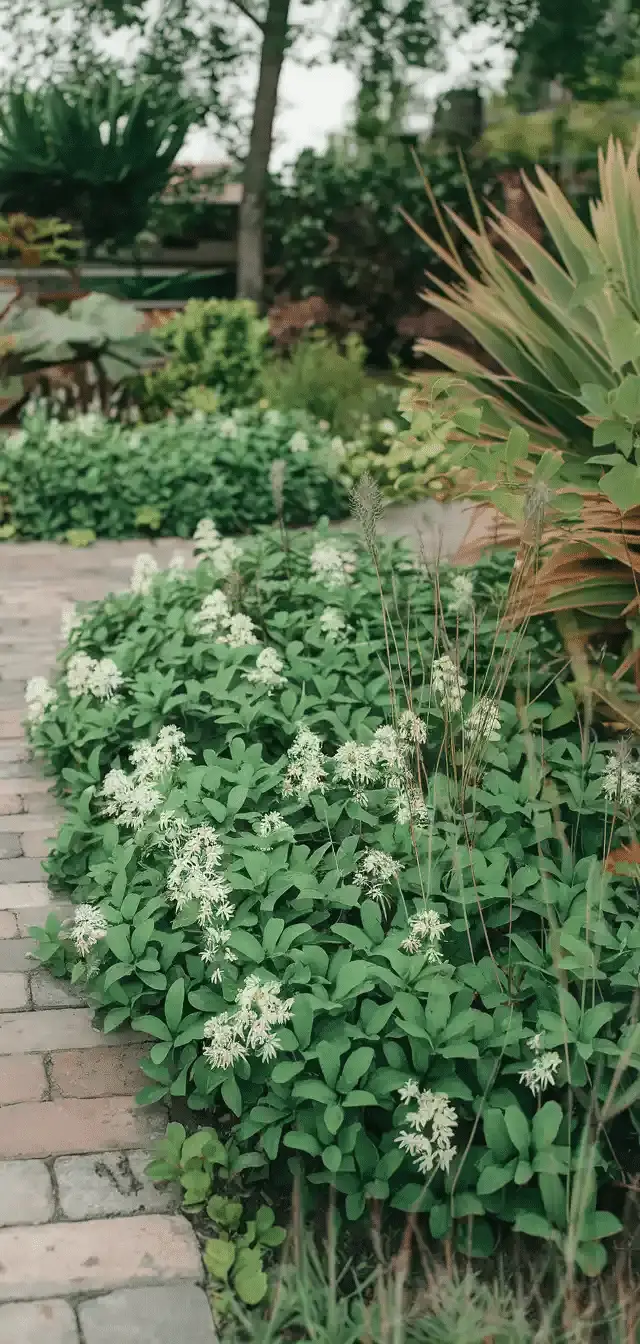
Best for: Large shaded areas
Growth Habit: Evergreen ground-hugging mat
Sunlight: Full to partial shade
Soil: Well-drained, slightly acidic
Tips:
- Suppresses even stubborn weeds.
- Mulch new plantings until fully established.
- Deer-resistant and resilient.
5. Periwinkle (Vinca minor)
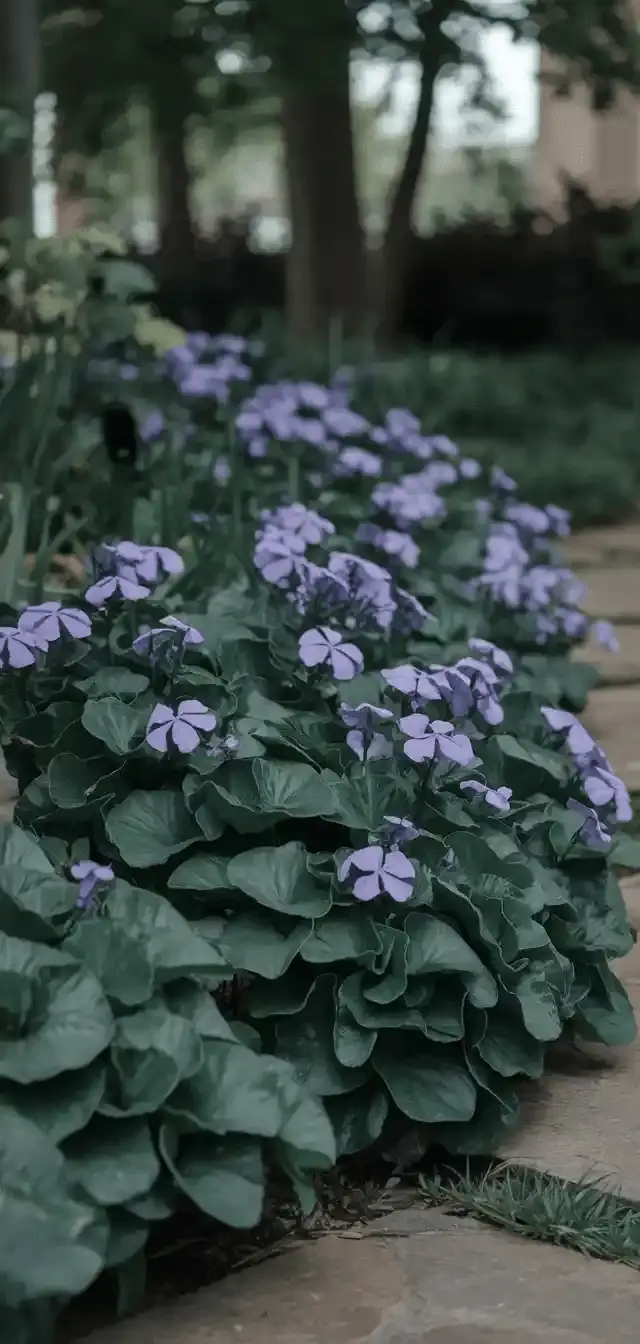
Best for: Slopes, large shady beds
Growth Habit: Trailing stems root as they spread
Sunlight: Shade to partial sun
Soil: Any well-drained soil
Tips:
- Evergreen foliage offers year-round interest.
- Lavender-blue flowers bloom in spring.
- Cut back in early spring to refresh growth your ground cover plants.
4. Sedum (Sedum spurium, a.k.a. ‘Dragon’s Blood’)
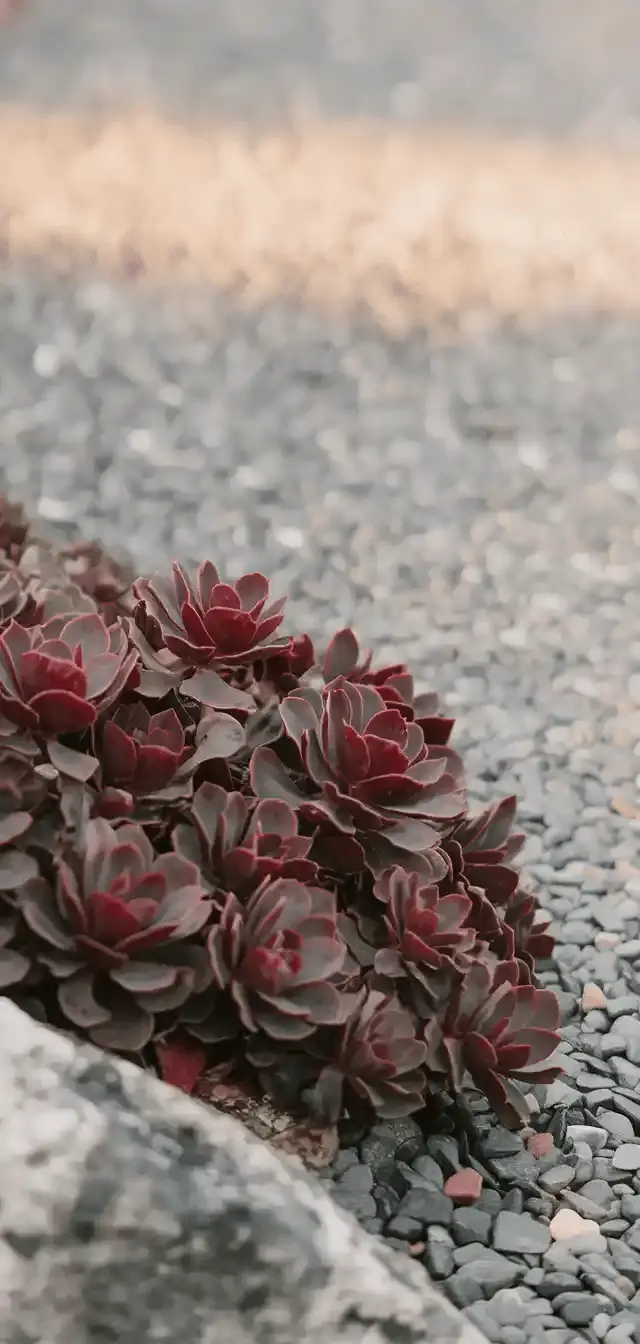
Best for: Dry, sunny slopes and rock gardens
Growth Habit: Mat-forming succulent
Sunlight: Full sun
Soil: Sandy, poor, or rocky
Tips:
- Thrives in hot, dry spots.
- Turns red in fall: adds seasonal color.
- Minimal watering required for ground cover plants.
3. Woolly Thyme (Thymus pseudolanuginosus)
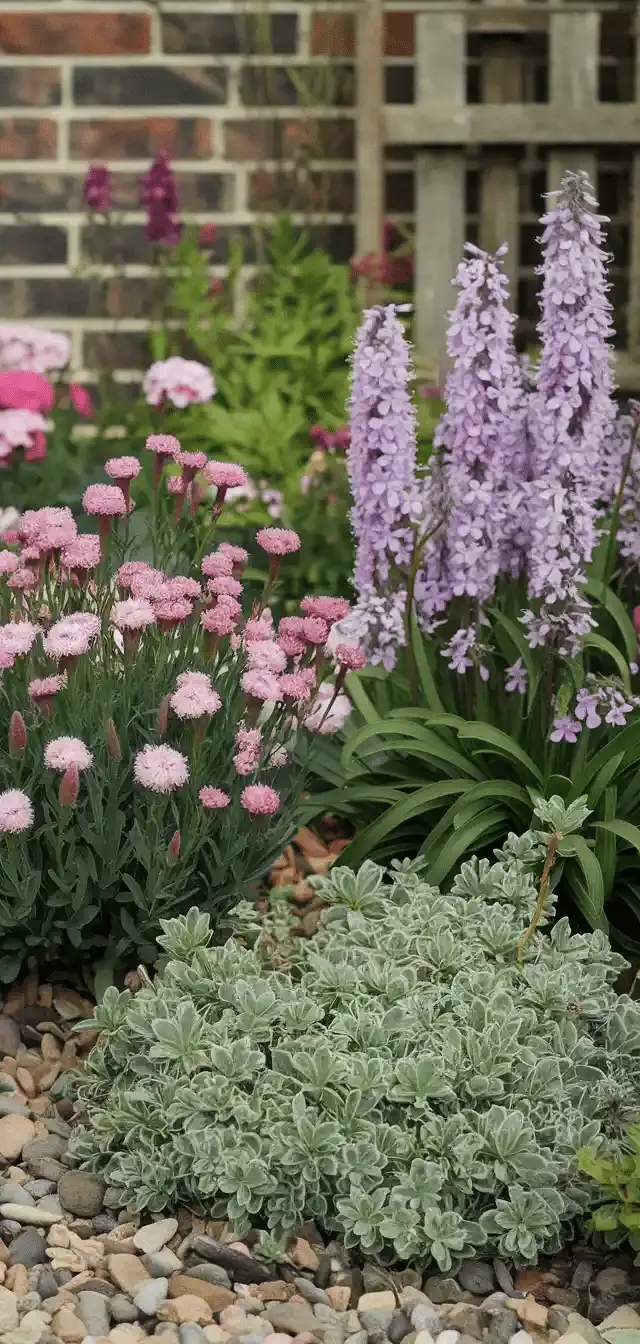
Best for: Between pavers, alpine beds
Growth Habit: Dense, soft mat
Sunlight: Full sun
Soil: Sandy, sharply drained
Tips:
- Resilient to foot traffic.
- Suppresses weeds in cracks and hardscapes.
- Ground cover plants need no fertilization.
2. Mazus (Mazus reptans)
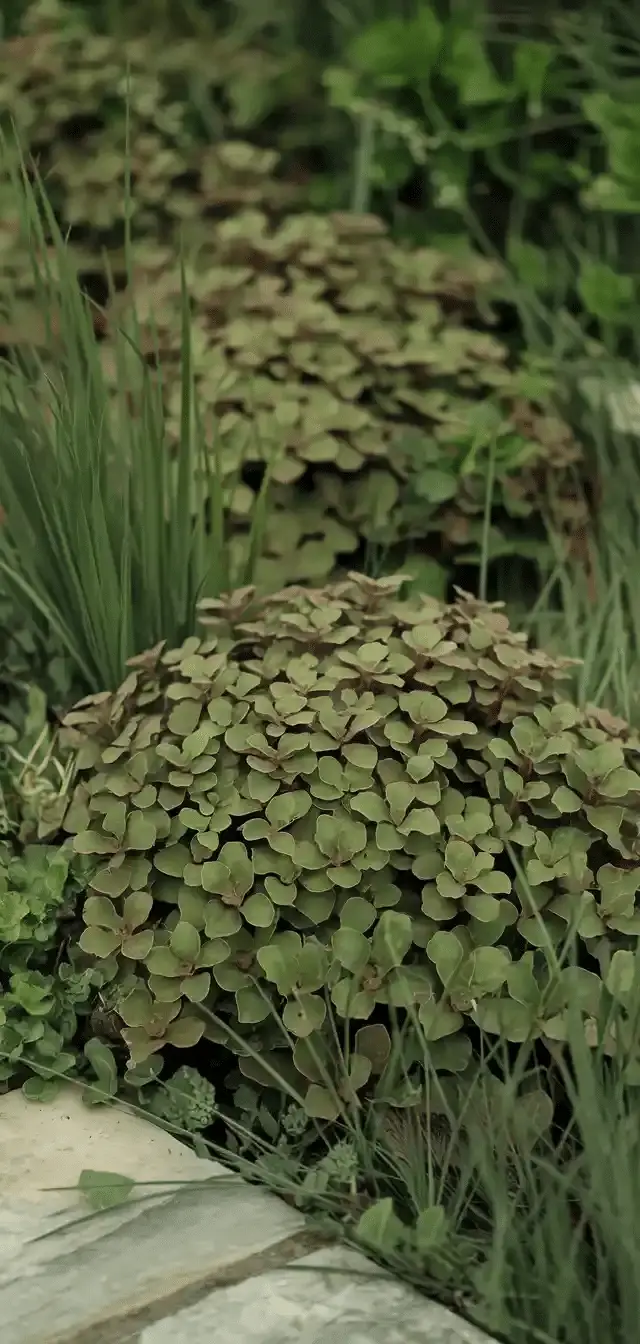
Best for: Lawn substitutes, wet meadows
Growth Habit: Fast-spreading carpet
Sunlight: Full sun to part shade
Soil: Moist, fertile
Tips:
- Purple flowers bloom from spring through summer.
- Ideal for replacing turf in cool climates.
- Mow occasionally to maintain evenness for your ground cover plants.
1. Epimedium (Barrenwort)
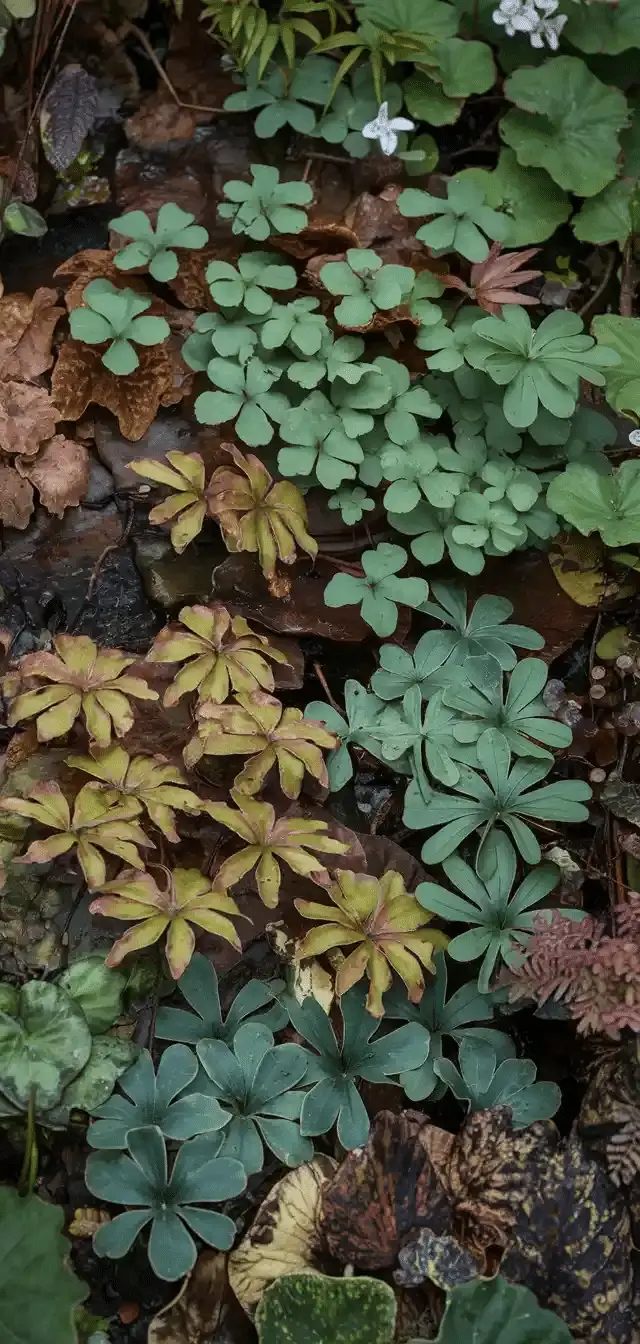
Best for: Dry shade, woodland borders
Growth Habit: Slow spread via rhizomes
Sunlight: Full shade
Soil: Dry to medium moisture
Tips:
- Deer-resistant, drought-tolerant once established.
- Delicate spring blooms and attractive fall color.
- Remove old foliage late winter for fresh spring growth to your ground cover plants.
Conclusion
Weeds are no match for thoughtfully selected ground cover. Whether you seek evergreen mats, flowering carpets, or creeping perennials, each of these 15 ground cover plants options excels at suppressing weeds naturally. Choose based on your sunlight, soil, and aesthetic preferences, and let nature do the work of weed control.





